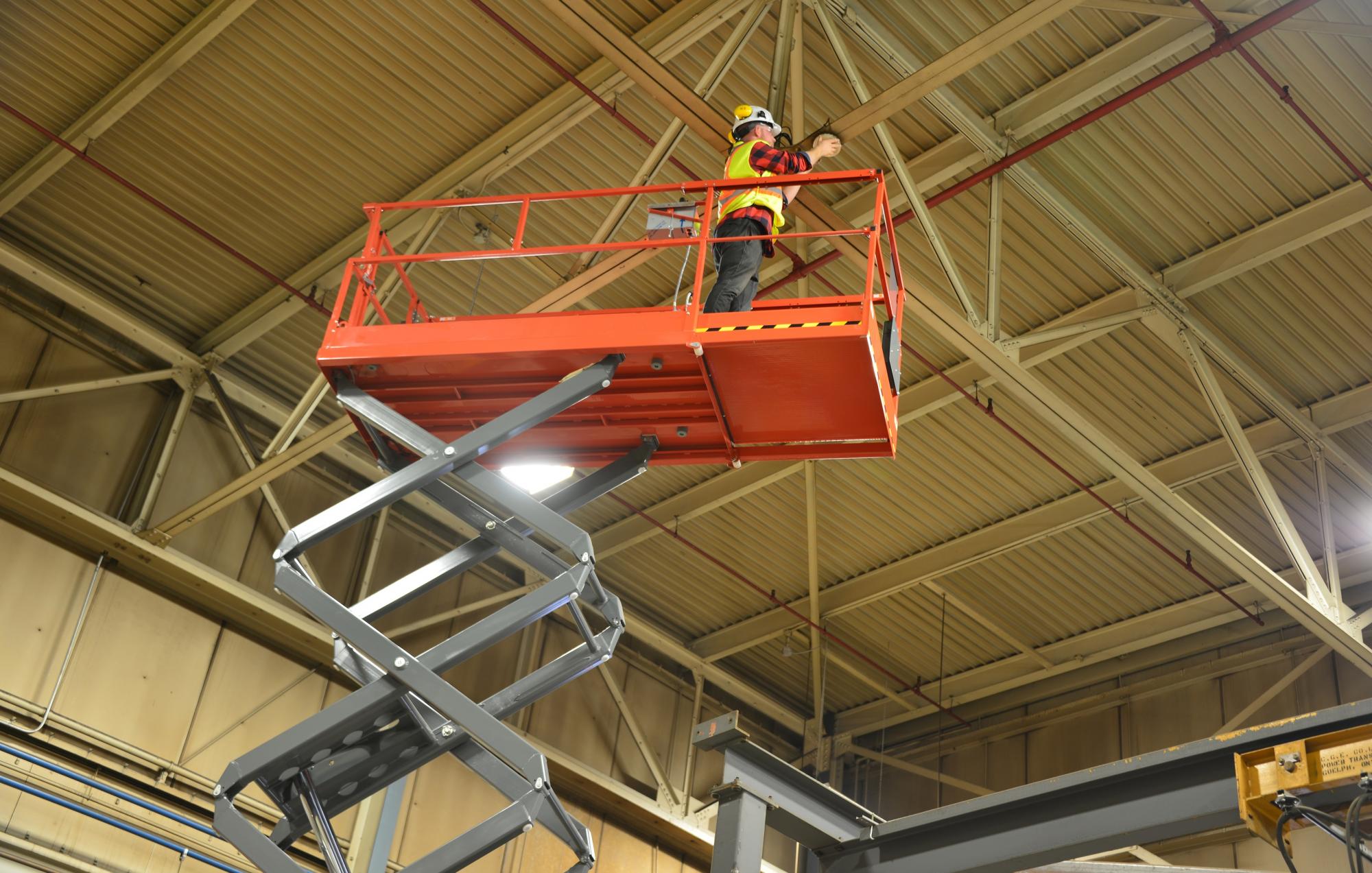In the dynamic world of construction, manufacturing, and various other industries, access equipment like cherry pickers and scissor lifts are indispensable tools. These pieces of equipment are not just vital for day-to-day operations but are also substantial investments. Hence, it becomes crucial to insure them adequately. But how do you navigate the complex world of insurance for such specialised equipment? This post aims to shed light on key aspects to consider when insuring your access equipment.
Understand Your Equipment’s Value
Before diving into insurance policies, it’s paramount to understand the value of your access equipment. This includes considering its purchase price, depreciation, and replacement costs. Remember, insurance is not just about covering the cost of the equipment but also ensuring you can afford a replacement in case of damage or theft.
Know the Risks
Different types of access platforms are exposed to various risks. For instance, equipment kept outdoors might be more prone to damage from weather conditions or vandalism, whereas more complex/specialised access equipment could be more susceptible to mechanical failures. Understanding these risks will help you choose a policy that covers the most relevant dangers.
Choose the Right Type of Insurance
Insurance for access equipment typically falls under a few categories:
- Property Insurance – This may offer cover for damage to the equipment itself, whether it’s due to accidents, theft, or other unforeseen events.
- Liability Insurance – Essential if the equipment causes injury or property damage. For instance, if a cherry picker falls over and injures the operator or a passer-by, liability insurance may cover the costs.
- Inland Marine Insurance – Despite its name, this insurance is crucial for equipment that moves from site to site, providing coverage during transportation.
- Business Interruption Insurance – If your access equipment is vital for your business, this insurance may cover loss of income during periods when the equipment is out of service.
Consider Equipment Usage
How and where you use your access equipment can significantly affect your insurance needs. For example, equipment used in high-risk environments like chemical plants may require more comprehensive coverage than those used in a standard construction setting.
Check for Exclusions and Limitations
Always read the fine print. Insurance policies often have exclusions and limitations. For instance, some policies might not cover damages due to natural disasters or during transportation. Understanding these details can prevent unexpected expenses in the event of a claim.
Regular Maintenance and Safety Records
Maintaining your equipment and keeping detailed safety records can not only prolong its life but also impact your insurance premiums. Insurance companies often offer better rates for well-maintained equipment with a good safety record.
You should always consult the expertise of a reputable service provider in your area who have a proven track record in maintaining access equipment such as cherry pickers, scissor lifts and truck mounted platforms. They will be able to advise on any regulatory maintenance or safety inspections that apply to your equipment. A company called Central Platform Services offers a wide range of maintenance and safety services in the UK.
Seek Expert Advice
Insurance can be a complex field, and access equipment presents its own set of challenges. Consulting with an insurance broker or agent who has experience in your industry can be invaluable. They can help tailor a policy to your specific needs and ensure you’re not overpaying for unnecessary coverage.
Compare Quotes and Policies
Don’t settle for the first quote you receive. It’s wise to shop around and compare different policies. Look beyond the premiums and consider aspects like coverage limits, deductibles, and the insurer’s reputation for handling claims.

Review Your Policy Regularly
As your business evolves, so do your insurance needs. Regularly reviewing your policy ensures that your coverage remains aligned with your current situation. This is especially important if you acquire new equipment or if there’s a significant change in your operations.
Plan for the Worst
While no one likes to think about catastrophic events, they can happen. Consider how you would cope if your access equipment was out of commission for an extended period. Planning for such scenarios ensures that your business can continue to operate or recover more quickly.
Conclusion
Insuring your access equipment is not just a legal necessity in many cases, but it’s also a smart business decision as it protects your investment and provides peace of mind.
By understanding your needs, choosing the right type of insurance, and keeping your policies up to date, you can ensure that your vital access equipment is protected in any eventuality. Remember, the right insurance policy is not an expense; it’s an investment in your business’s resilience and future.

